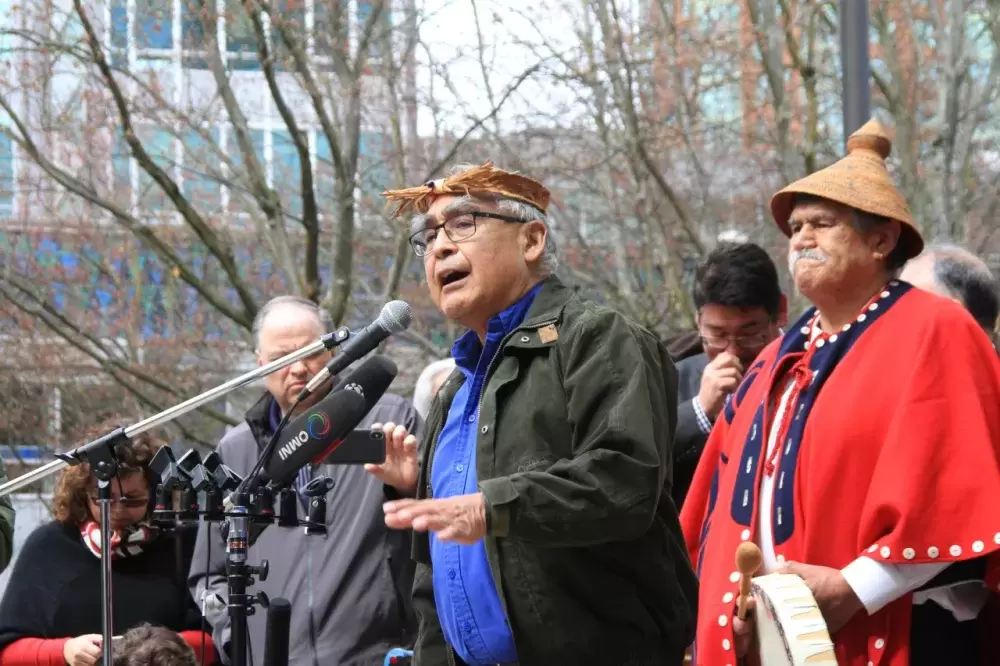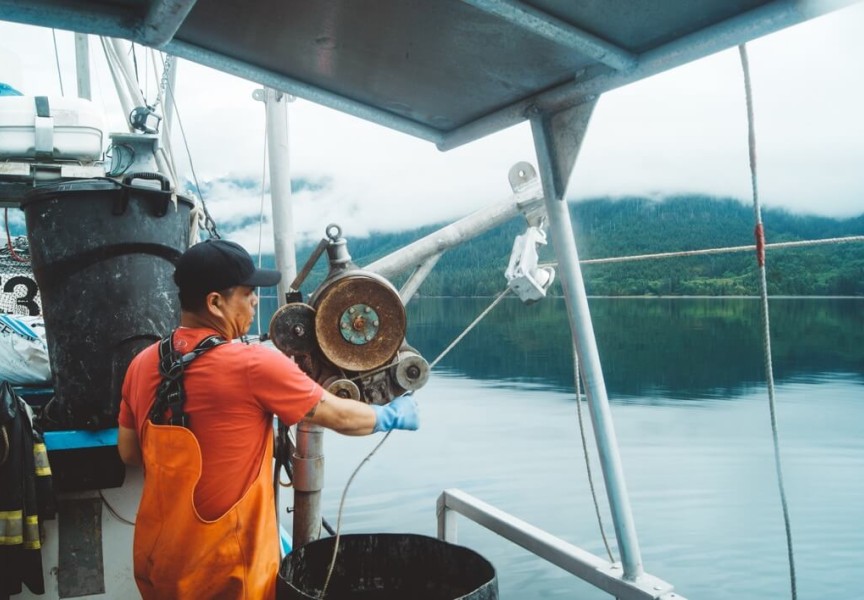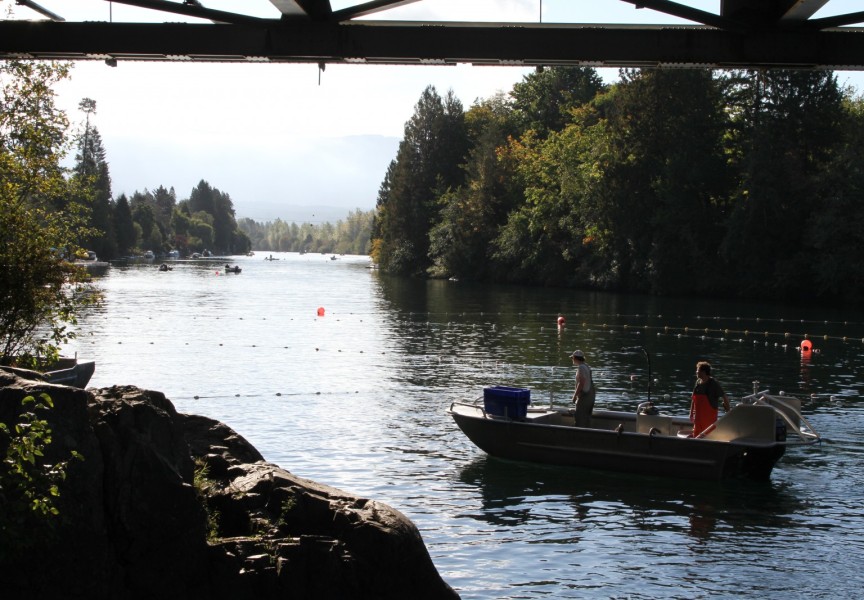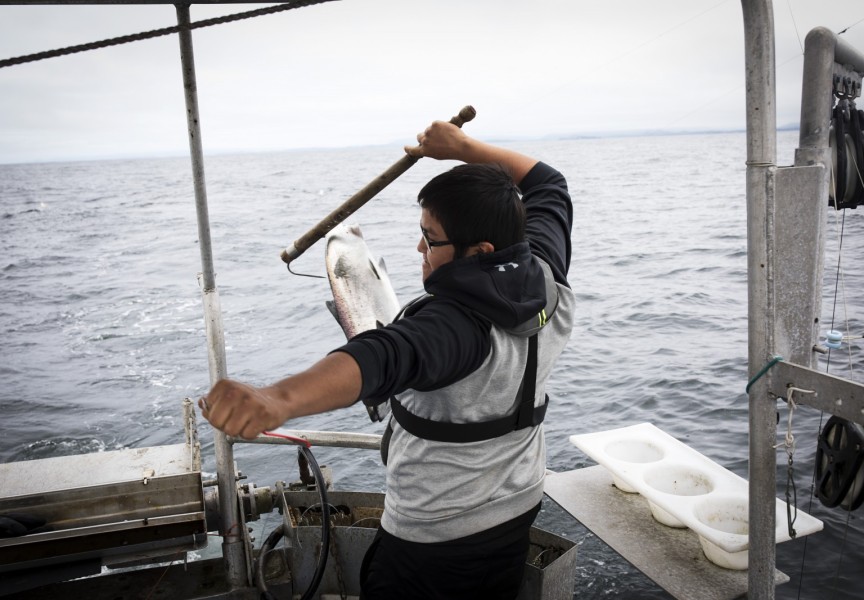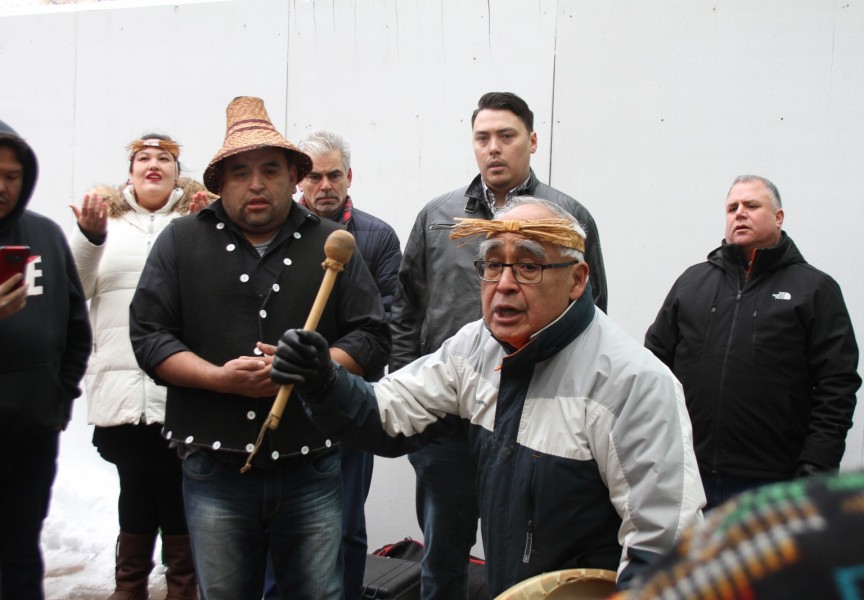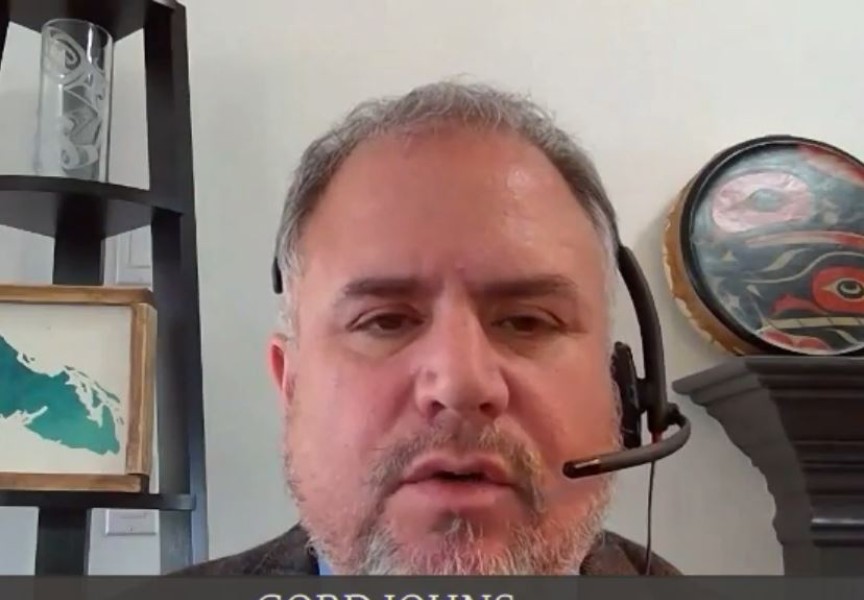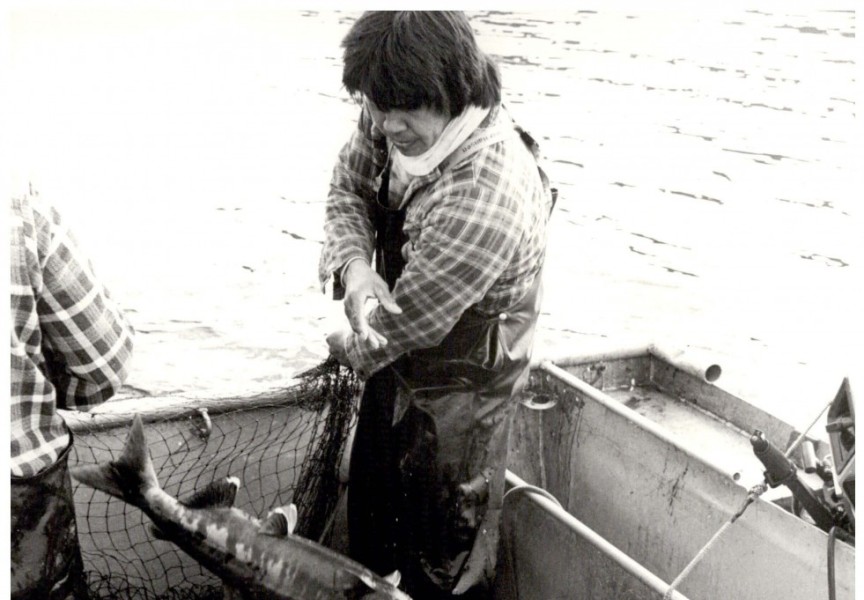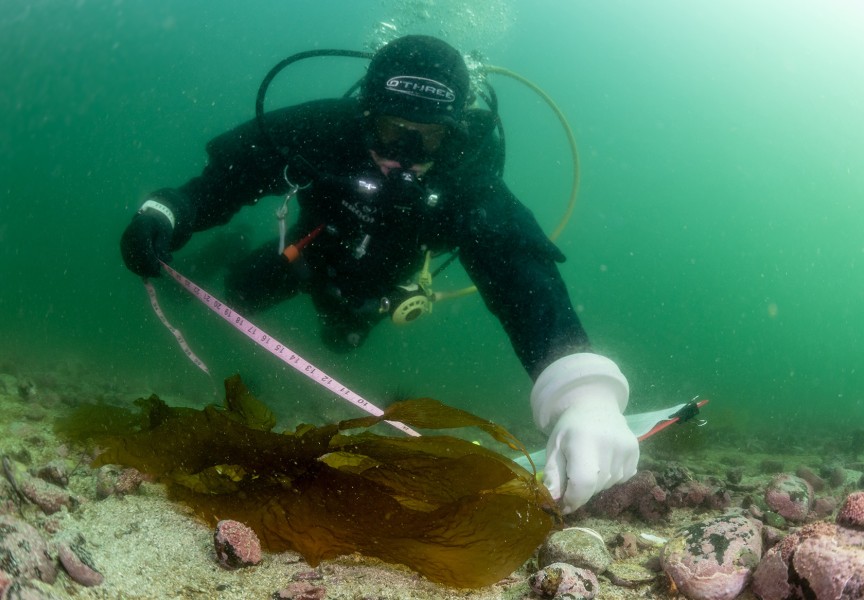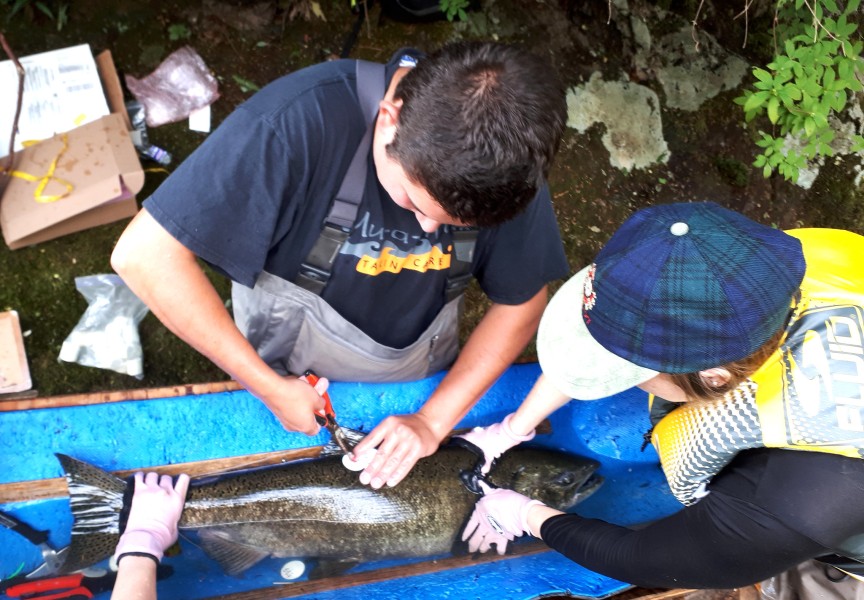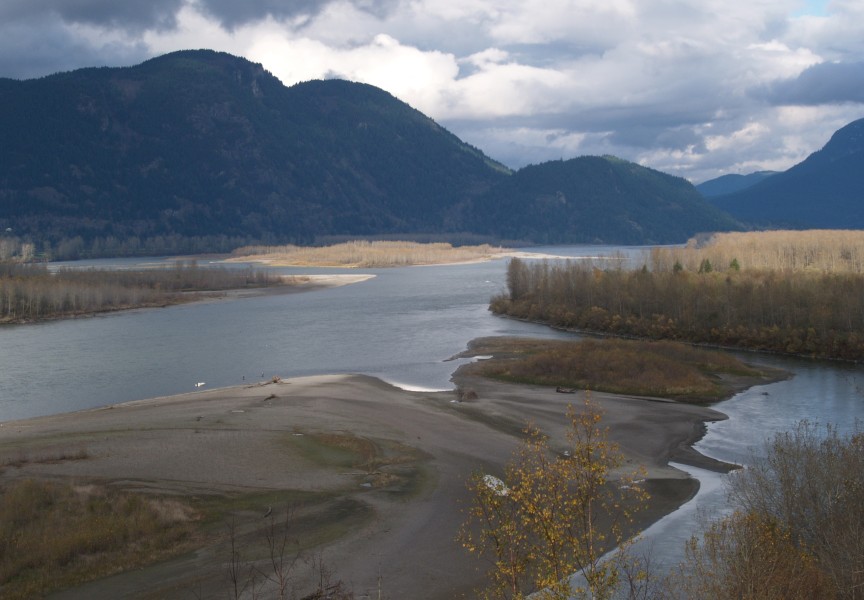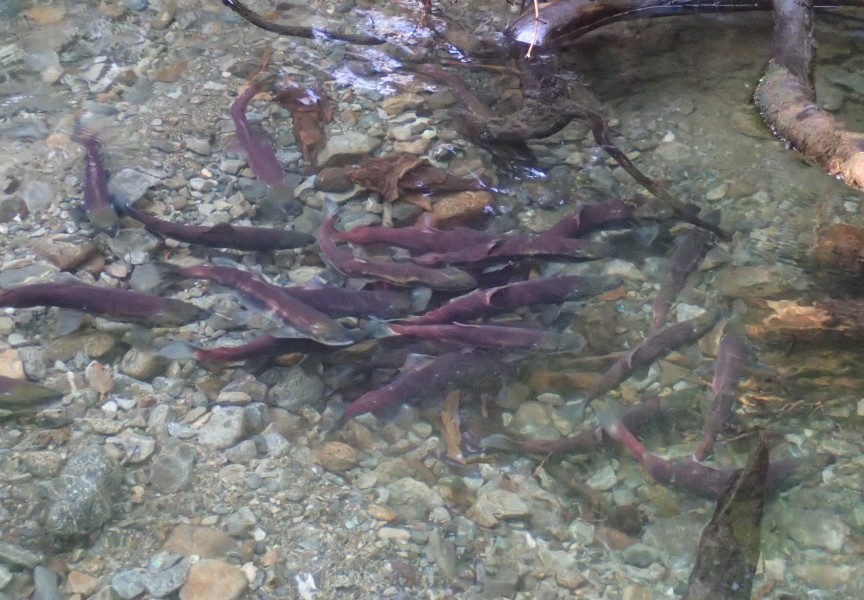The boats of five Nuu-chah-nulth nations won’t be able to catch many more of the suuhaa currently passing through their territorial waters, after Federal Court dismissed an application to reverse a decision made earlier this summer by Fisheries and Oceans Canada.
T’aaq-wiihak fisheries - which means ‘fishing with permission of the Ha’wiih (hereditary chiefs) in Nuu-chah-nulth - filed an application for an injunction against a DFO decision to reallocate 6,000 chinook salmon, or suuhaa, from the recreational to the regular commercial sector off the west coast of Vancouver Island. The T’aaq-wiihak fisheries of the Ahousaht, Ehattesaht/Chinekintaht, Hesquiaht, Tla-o-qui-aht and Mowachaht/Muchalaht First Nations were left out of the decision to reallocate the region’s total allowable catch, despite court rulings that prioritize the nation’s Aboriginal right to harvest and sell fish from their respective territories.
Ahousaht’s lead negotiator Cliff Atleo was disappointed with the court’s decision to dismiss T’aaq-wiihak’s application for an injunction.
“We had no choice but to the send the message to the department that we’re going to fight them every step of the way if they reallocate to somebody else when they know what they offered us is totally inadequate,” he said. “Even if a favourable decision happened, it may not have made a whole lot of difference because of the timing of the run.”
Atleo commented on the Federal Court’s decision in the middle of his day-long meeting with the federal department on Aug. 16, part of years of negotiating with DFO to honour Aboriginal rights that have been recognized by Canada’s courts over the last decade. The most recent decision to uphold this came from Justice Humphries in April 2018, a B.C. Supreme Court ruling which stressed “the priority the plaintiffs have over the recreational fishery, despite the present Salmon Allocation Policy” maintained by DFO.
“DFO cannot continue to minimize and ignore the proven rights of our nations,” stated Atleo in a press release issued by T’aaq-wiihak on Aug. 13. “The courts have been clear that a generous approach to our chinook salmon allocation is required, yet DFO actually provided the nations with less chinook this year.”
The next chinook opening for the five nations begins at midnight Saturday (Aug. 17), extending until 11:59 p.m. Tuesday, Aug. 20. But in an interview on Aug. 13, T’aaq-wiihak Fisheries Manager Alex Gagne noted that an estimated 477 chinook remain in the DFO’s allocation to the five nations – not enough for a “viable fishery”.
“A maximum of 45 chinook per vessel may be retained per trip,” stated a recent DFO fisheries notice.
This year T’aaq-wiihak was allocated just over 7,000 chinook, compared to a notional allocation of 50,000 for the west coast of Vancouver Island’s sports fishery and 14,000 to the Area G commercial boats – a total allowable catch that has now increased to 20,000 with the reallocation from recreational. Commercial vessels also have the potential to catch another 4,000-5,000 chinook in September, according to Gagne.
Despite Humphries’ prioritizing of the nations’ right to fish in their territories, her 2018 ruling limited their fisheries to a “small-scale, artisanal” fishery that can only catch within nine miles of the shore. T’aaq-wiihak awaits the results of their appeal to this decision, which the fisheries’ manager expects to hear this year.
“We’re expecting it in the fall,” said Gagne. “The judges were very aware of the fishing season – that they start in that March, April time – so they committed to get the ruling out in time to support changes that could be implemented next season.”
“We’re optimistic,” added Atleo of the appeal. “I think that we had some very strong arguments to counter the decision that was made.”

